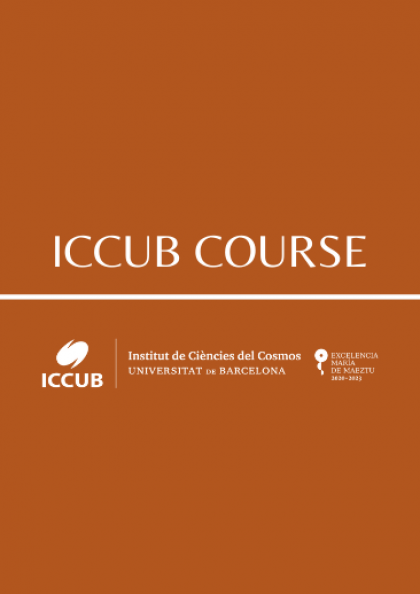Seminar on scattering theory and applications
Class overview
In the past two decades, we have witnessed a Renaissance in hadron spectroscopy. New high-statistics data in the light- and heavy-quark sectors challenge our theoretical understanding of hadrons. The discovery of a plethora of exotic resonance candidates, especially in heavy-quarkonium systems, sheds new light on strong-interaction phenomenology. To properly interpret the new and precise data emerging from hadron experiments and to make connections with QCD, it is necessary to have a good understanding of the underlying reaction mechanisms. This course will review the general “old” principles of S-matrix theory in relation to the “new” phenomena of strong interactions.
The Global Classroom initiative will seed longer term collaborations between students from both sides of the Atlantic.
Why should you take this course?
This course is suitable if you are a Master’s or a Doctoral student interested in the phenomenology of hadrons, practical aspects of hadronic reactions, and hadron spectroscopy with connections to QCD.
How does the course material differ from traditional QFT and subatomic physics courses?
We aim to give a perspective on strong interactions that is complementary to what is typically taught in courses on QFT and subatomic physics. We will emphasize the practical aspects of hadron physics analyses, in both experiment and theory, with the goal of being directly related and/or applicable to your research projects.
Who is behind the course?
The class is a project sponsored by the Indiana University Global Classroom Initiative and developed as a collaboration between physicists from the Joint Physics Analysis Center funded by Indiana University and the Jefferson Lab. The course developers and lecturers have many years of experience in strong-interaction and hadron physics. They actively participate in the leading experiments in this field and in various theoretical collaborations.
What is the course format?
There will be one 1h and 30min lecture per week held remotely via zoom on Thursday at 10:00am-11:30am EST (16:00-17:30 CET). The first lecture will be given on Thursday, February 3, 2022. In addition to lectures, a list of reading material will be provided.
Participants will be given an opportunity to collaborate on individual or group projects that will be tailored to individual interest and supervised by members of JPAC.
What are the topics covered?
Some intended topics include :
-
Basic S-matrix principles with scattering in NRQM and RQM
-
Particles vs. fields
-
Introduction to hadrons and QCD
-
Relativistic kinematics and experimental observables
-
Unitarity, optical theorem, partial waves
-
Complex integration, dispersion relations, singularities in amplitudes
-
Relativistic particle states
-
Amplitude analysis
-
Regge theory
-
Statistical tools and applications of neural networks for multibody decays
How to participate?
If you are interested in obtaining more information and/or attend to seminar contact Prof. Adam Szczepaniak (aszczepa@indiana.edu)
